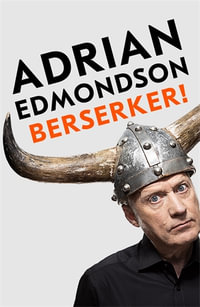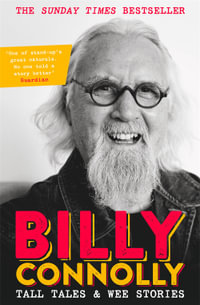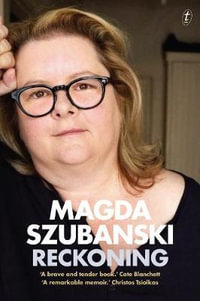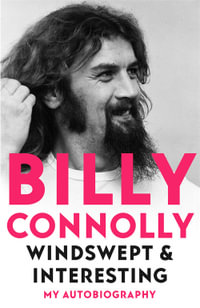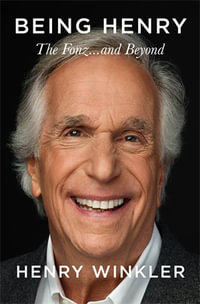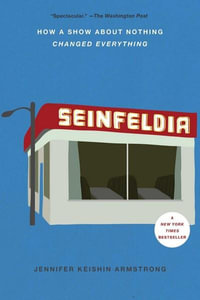Columbo is fifty years old. A global smash in the 1970s, it is now a cult TV favourite. What is the reason for this enduring popularity? In this fascinating exploration of a television classic, David Martin-Jones argues that Columbo reveals how our current globalized world - of 24/7 capital, invasive surveillance and online labour - emerged in the late 20th century. Exploring everything from the influences on Falk's iconic acting style to the show's depiction of Los Angeles, Martin-Jones illuminates how our attention is channelled, via technologies like television and computers, to influence how we perform, learn, police and locate ourselves in today's world. Columbo emerged alongside shows like Kojak and The Rockford Files, but re-viewing the series today reveals how contemporary television hits - from Elementary to The Purge - continue to shape how and why we pay attention 24/7.
Industry Reviews
Columbo: Paying Attention 24/7 is peppered with insightful facts and original analyses. The aesthetic and ideological comparisons drawn between other Cop Dramas of the same era means anyone with a critical interest in the development of American detective series will need this book as an essential point of reference. Additionally, the regular comparisons made with contemporary popular series including shows as leftfield as Game of Thrones in what Martin-Jones terms "flash forwards" will prove a useful tool when demonstrating to undergraduates how Columbo continues to maintain a strong presence in popular culture. ... [It] offers something sufficiently original, significant and rigorous to all readers with varying levels of interest in the series. "Oh, and one more thing", Chapter One's analyses of Columbo's unique relationship with its fans is a hidden treat.--Ben Lamb "Alphaville"
Any writer who understands that Columbo is a cultural phenomenon and creative achievement well worth investigating, celebrating, scrutinising, analysing and enlarging upon gets my vote. With Columbo there was always just one more question, and David Martin-Jones asks those questions and comes up with some revealing and fascinating answers. A wonderful contribution to Columbo lore and wider cultural history.--Stephen Fry
Crime is ... as we learn from David Martin-Jones' fascinating and original work on Columbo, the signature role of Peter Falk, also a narrative of social change and critique. Behind Columbo's seemingly absent-minded, but in reality, constantly very attentive figure lies a deeper meaning. ... [T]he theory behind the analysis, the explanation for why this story, spanning three decades, has fascinated audiences, is that the way we are watched and have watched others, is reflected in the show. It spans a cold war era, a liberal era and an era of increased digital surveillance and communication. Columbo is a stand in for all the attentive laborers of the world. ... David Martin-Jones' analysis of the Columbo character and narrative is original and rich in sociological and philosophical perspectives.--Ib Bondebjerg "Historical Journal of Film, Radio and Television"
In this fascinating book on a widely popular detective series, David Martin-Jones explores television as an attention seeking medium. Focusing on Columbo's unique style of investigation, Martin-Jones shows how the program captivates viewers with murder stories that re-enact the crimes of class conflict, urban strife, policing, and technological surveillance in neoliberal times. A riveting read!--Lynn B Spigel, Northwestern University
Martin-Jones ... uses a range of approaches to illuminate his take on Columbo and its significance for television history, both then and now. What he demonstrates, in the process, is just how much the attentive reading of a popular television crime drama can tell us about what matters to its producers and its audience at a particular moment in time - and indeed across the intervening years, as only a long running programme like Columbo can. In the end, this is a wide-ranging and exemplary study of a television series that well deserves another look for what it can tell us about television and history.--Sue Turnball "Screen"






